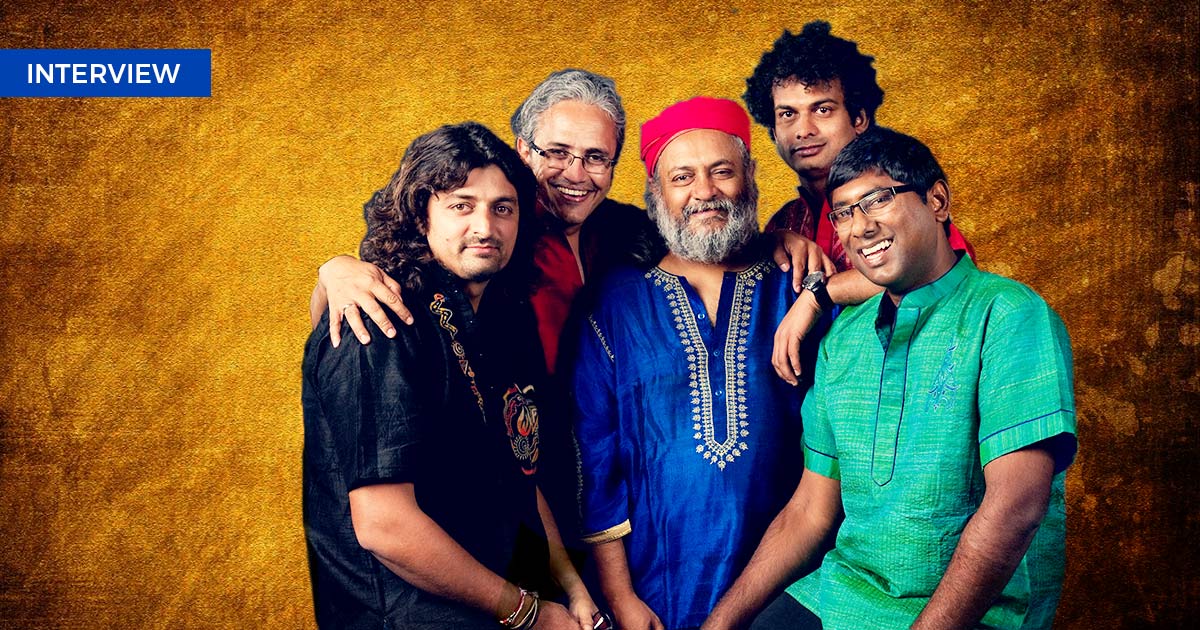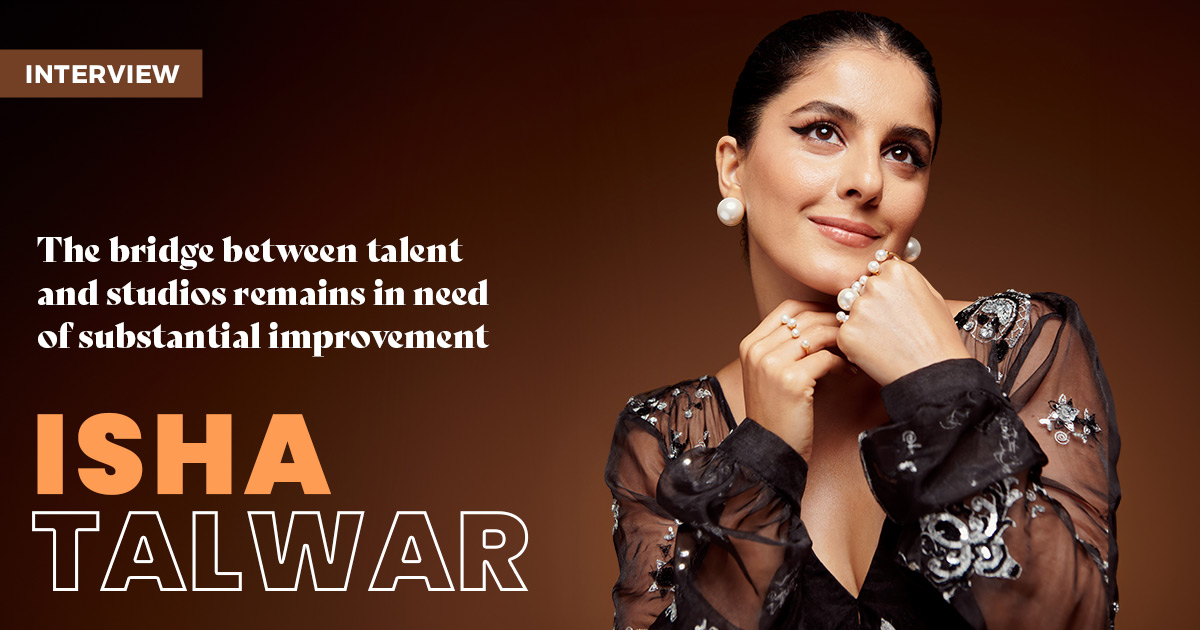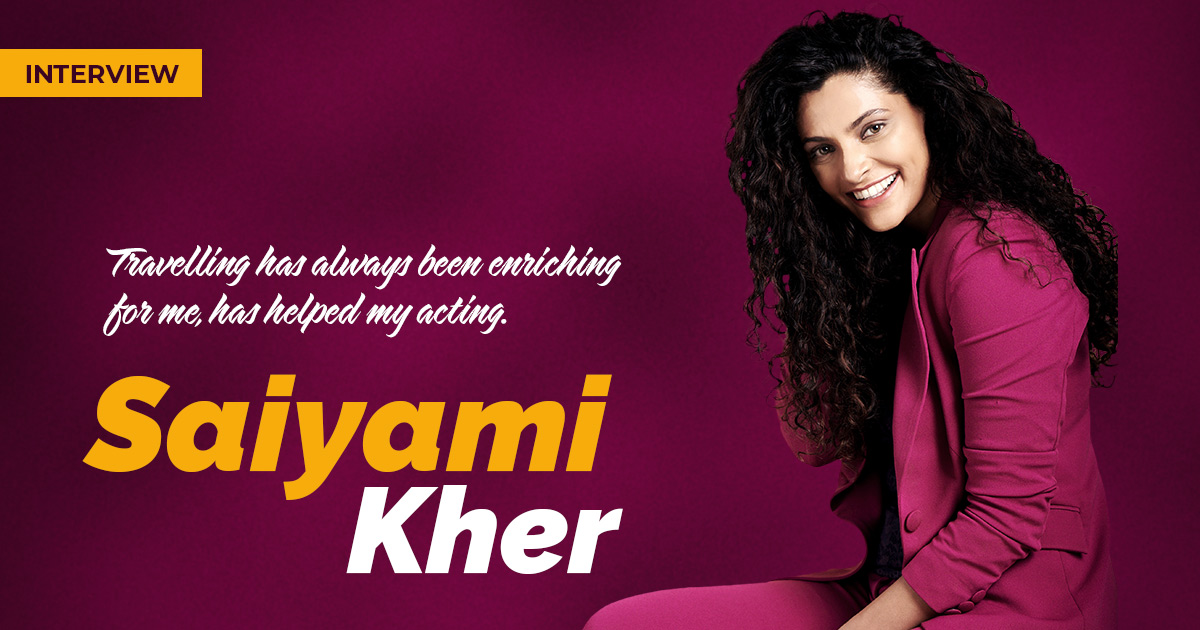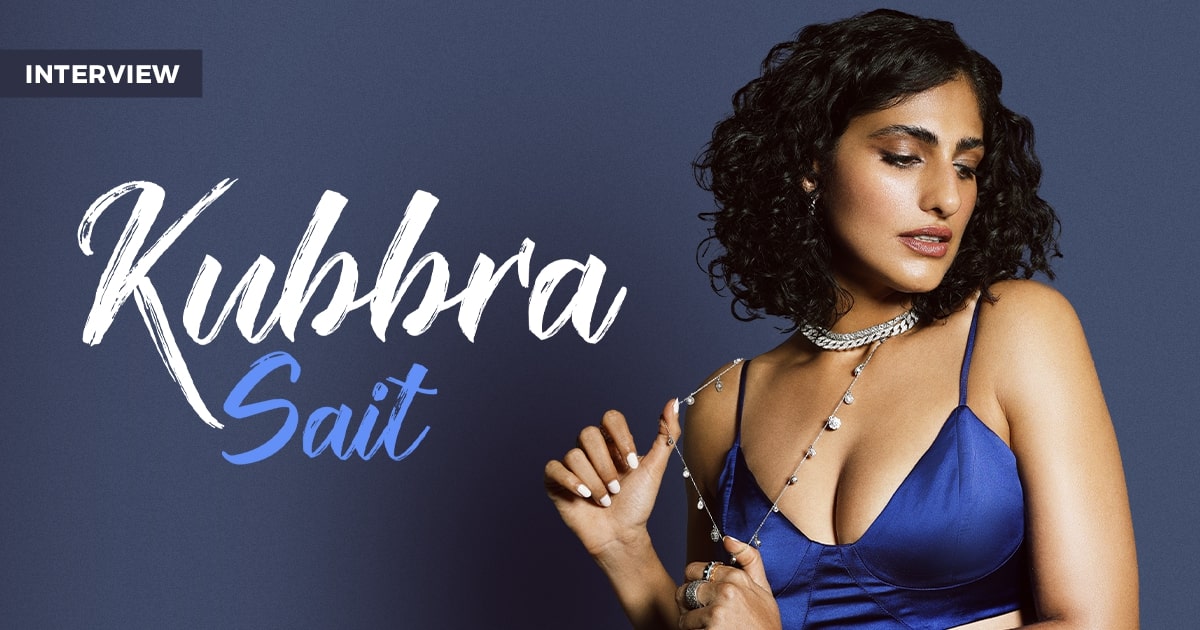
Indian Ocean is one of the biggest names in Indian Rock scene, how do you think your music has been able to capture the imagination of a generation for decades?
There is an inherent honesty in our approach as there is no deliberate attempt to make music. We don’t even try to analyse what has kept the magic alive. It’s like Heisenberg uncertainty principle, if you analyse the magic, you may destroy it as you start trying to replicate it. The band probably never took a break and the band is the topmost priority of everyone of us. Every year we play at a lot of college festivals while many other bands have stopped doing that because they don’t pay as good as corporates do. For the youth in colleges, Indian Ocean is probably the first band they hear live, then they go back and discover the entire catalogue that goes back 30 years. We keep making new young fans every year. We never tried to follow what is ‘in’ and what ‘sells’.
How has the business of music transformed in the digital-age? How are you dealing with the changing landscape?
I think we are always behind the curve. Our process and sound of our band has never changed over all these years. We still don’t have a keyboard and we create music with our signature instruments. Actually, we are not from the film world where people have to instantly respond to everything. After Black Friday, when we launched our sixth studio album, we distributed it for free online. No one really paid for music anymore. We were not signing up with any music companies as they too were losing their relevance. Now music companies have a network of digital platforms where they can publish your music simultaneously. In sum, we are quite insular, and we don’t benchmark ourselves against anything.
In your live shows, do you follow a set sequence of songs or you pick them up according to audience and occasion?
In a live show, usually we play around 10-12 songs and there are certain songs we have to play in almost every show. Our must-do list includes Ma Rewa, Kandisa and Bandeh. We also include some of the new songs that we want to try out. We have a list of the songs for a particular year, the sequence keeps changing. At times, we rediscover songs from our old albums, we practice them and include in our line-up.
Please tell us about your music-making process for studio albums. How is it different from composing music for films?
It may start with a beat structure, a tune or some lyrics. Sometimes we start with multiple ideas and only one moves to the next level. For film music, as we get the lyrics in advance, we have to work around them. There are no targets in terms of volume. For example, we had a pretty gruelling last year, we completed an album and did some 4 odd songs for a movie. This year we haven’t produced much. The only time we did a studio album in a time-bound way was for Tandanu as we were collaborating with several musicians.
What are you working on currently?
We have already recorded five songs for our next album and are in search for the sixth one. We aim to have 7 songs in every album. We are also planning to release singles in the future.



